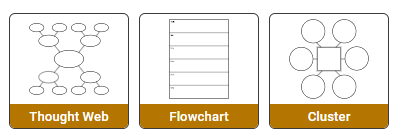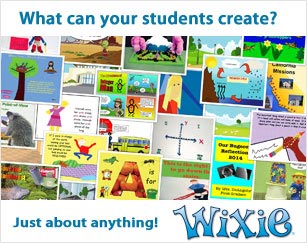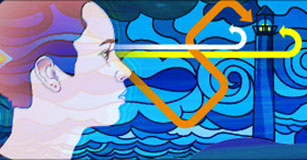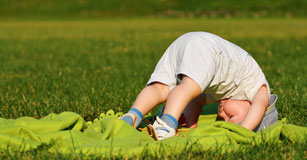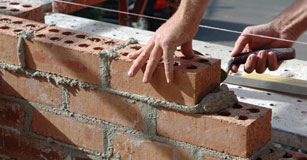Teaching Tolerance, Teaching Diversity
Activities for the modern classroom
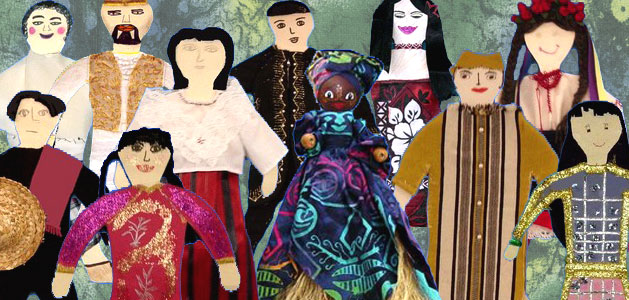
In today’s complex and global world, it is essential that our students grow to tolerate and even embrace diversity. Students today will meet, and likely work alongside, people from a variety of cultures, backgrounds, ethnicities and religious beliefs. Their lives, and our communities, will be enriched if they accept these people as friends, neighbors and co-workers.
To support student’s growth in this area, begin explicitly teaching diversity to your young learners. Explicitly teaching diversity makes students more tolerant, open minded, empathetic and kind. In the classroom, it creates an environment where all the students have the opportunity to learn while also respecting one another.
Here are two classroom activities you can use to introduce diversity to young learners.
Get Crafty
As children grow, they look to the people immediately around them to tell them what the world is like. Their drawings and artwork most often reflect the people and places they have seen and experienced firsthand. One way to expose your students to diverse cultures is to have them craft paper dolls that don’t look or dress like their friends and family. Here’s how:
- Gather grade-appropriate books that include diverse characters and create a collection that students can explore in the reading nook in your classroom. Include books that show people of different races and nationalities. Choose ones that have bright pictures and illustrate the different kinds of clothes people wear worldwide.
- If you aren’t sure which books to choose or buy, ask your fellow teachers, school Librarian or media specialist. Use these lists to find books that work for your classroom.
- Read a few of the stories to your class and give them time to read and explore the books on their own. Ask them to share what they think and feel about the stories.
- Create paper doll forms for your students in a range of skin tones: tan, brown, pink, and beige. (PDF pattern). If you make them between 8 and 10 inches tall, they are easy to work with for small hands and easy to see and talk about with your students.
- Ask students to choose at least 2 dolls with skin tones that do NOT look like themselves or their family members.
- Provide students with pieces of colored paper, fabric, ribbons, yarn and other craft materials and let them create costumes for their paper dolls. Encourage them to refer to the books you have shared to make a costume they see on one of the pages.
- When all the dolls are dressed, tape them in a row for everyone to see. Discuss some of the differences you see, and point out how fun and exciting it is that each doll is unique.
Mix and Match
In the classroom, and on the playground, students will often stick with the peer group of students with which they’re most comfortable. This group might consist of students they know from an earlier grade or students with similar interests.
To help them discover the diversity in your classroom and school, and learn that different or unknown can be good, encourage them to take part in group activities with some of the students they wouldn’t socialize with normally. The next time you have an activity that students will complete in pairs, ask them to find a partner that they have not worked with before.
While you may have to monitor student choices, you can encourage them by praising students who choose a wide range of partners. If you have a series of short activities and haven’t chosen specific learning teams for them, challenge students to find a new partner each time or give a shout-out to the group that finds the most new team members.
Right in your classroom, your students may already be meeting other children from different backgrounds. Even if most of them come from similar backgrounds, they all have differing academic, social and athletic abilities — and unique personalities. That’s the definition of diversity!



